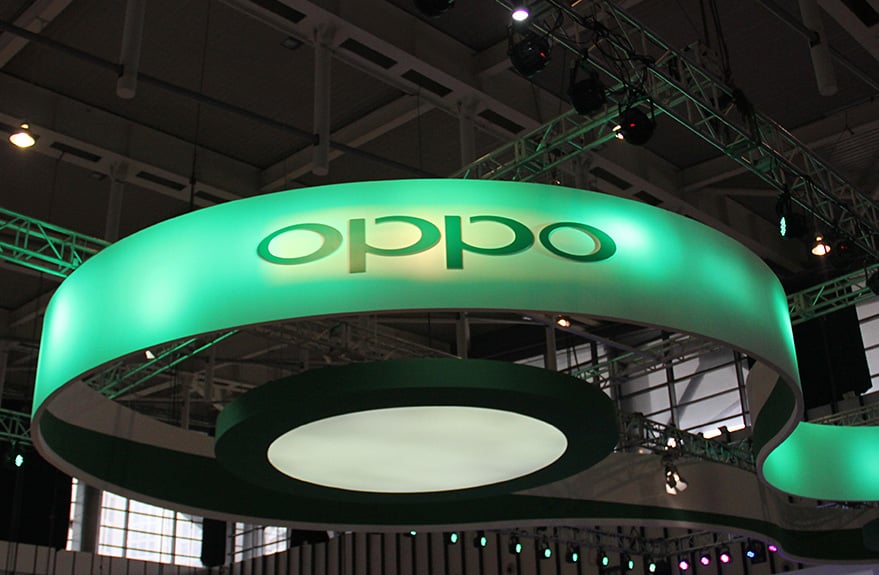A couple of months ago, in July this year, Nokia had filed a few patent-related lawsuits against OPPO. Now, as a retaliation, the Chinese company has filed several patents infringement lawsuits against Nokia in China and Europe.
The patents involved in the lawsuit are all 5G standard essential patents. With the commercialization of 5G technology, the essential patent licensing rates between patent owners and smartphone makers have been rising.

Nokia, the Finnish company that just settled the patent dispute with Daimler, is pushing ahead to enter the 5G field. It intends to take advantage of the patent war with OPPO to lay the groundwork for 5G standard-essential patent fees.
Over the last ten years, Nokia has sued several different companies but this is likely the first time in the last decade to file a counter sued for patent infringement. This is due to a lack of high-quality assets or the lack of courage to confront Nokia head-on.
In July this year, Nokia filed dozens of patent infringement lawsuits against OPPO in about nine countries, including India, France, Germany, and the United Kingdom. While the reason behind this move hasn’t been announced, it’s likely that the companies failed to reach an agreement for the 5G patent license.
Ever since Nokia stopped making mobile phones (HMD Global has licensed Nokia brand for smartphones), the patent license fees play an important role for the Finland-based company. It is trying to find a foothold in the telecom equipment market and with Huawei facing several issues, there’s a greater chance for Nokia to get a majority of contracts.
Nokia has adopted the strategy of aggressive litigation to collect the licensing fees. Before OPPO, the company had filed a patent infringement lawsuit against Lenovo in the US, Brazil, India, Germany, and others. It lasted for more than a year and was settled by the companies earlier this year in April.
It will be interesting to see how this legal dispute ends. While there’s a high possibility of both the companies reached an agreement, the battle between the patent holder and license holder for using it could form new rules for the companies.
RELATED:






